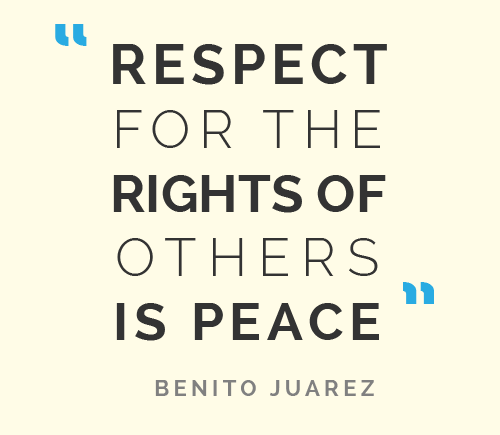Bonta, Bruce D. 1996. “Conflict Resolution Among Peaceful Societies: The Culture of Peacefulness.” Journal of Peace Research 33(4): 403-420.
The literature about 24 peaceful peoples was examined to determine if their ways of conflict resolution differ from the approaches to conflict found in other, more violent, societies. While the strategies for managing conflicts employed by these peoples are comparable to those used in many other small-scale societies, their world-views of peacefulness and the structures they use to reinforce those world-views do distinguish them from other societies. Several common notions about conflict and conflict resolution that are asserted by Western scholars can be questioned in light of the success of these societies in peacefully resolving conflicts: namely, that violent conflict is inevitable in all societies; that punishment and armed force prevent internal and external violence; that political structures are necessary to prevent conflicts; and that conflict should be viewed as positive and necessary. The contrary evidence is that over half of the peaceful societies have no recorded violence; they rarely punish other adults (except for the threat of ostracism); they handle conflicts with outside societies in the same peaceful ways that they approach internal conflicts; they do not look to outside governments when they have internal disputes; and they have a highly negative view of conflict (journal abstract).
We appreciate the permission to copy this article for the Peaceful Societies Website granted by Sage Publications Ltd. The article, in PDF format, is 104 KB in size.
Copyright Agreement: All material included in the PDF file below is the exclusive property of SAGE Publications, or its licensors and is protected by copyright and other intellectual property laws. The download of the file(s) is intended for the User’s personal and noncommercial use. Any other use of the download of the Work is strictly prohibited. User may not modify, publish, transmit, participate in the transfer or sale of, reproduce, create derivative works (including coursepacks) from, distribute, perform, display, or in any way exploit any of the content of the file(s) in whole or in part. Permission may be sought for further use from Sage Publications Ltd, Rights & Permission Department, 1 Oliver Yard, 55 City Road, London EC1Y 1SP Fax: +44 (020) 7324-8600. By downloading the file(s), the User acknowledges and agrees to these terms.
